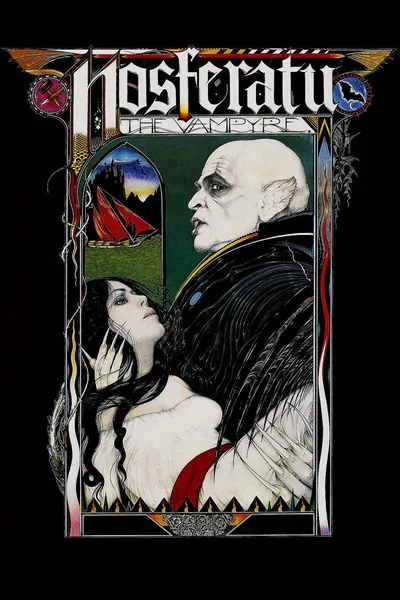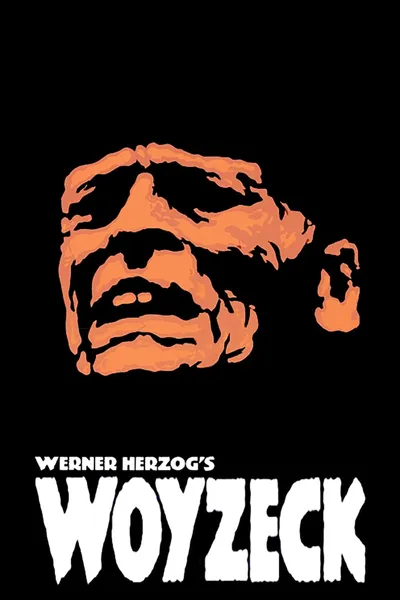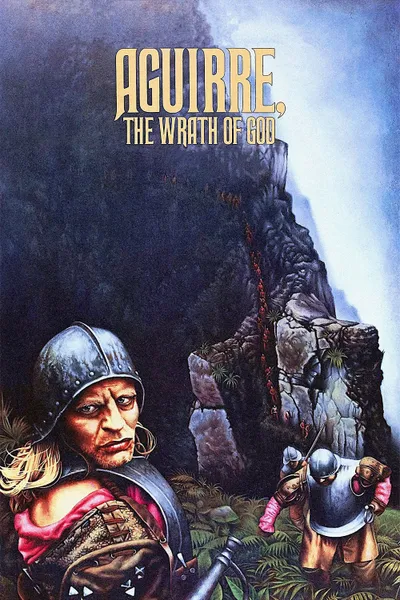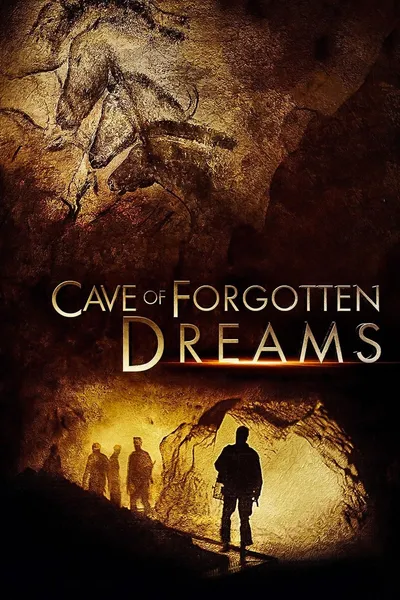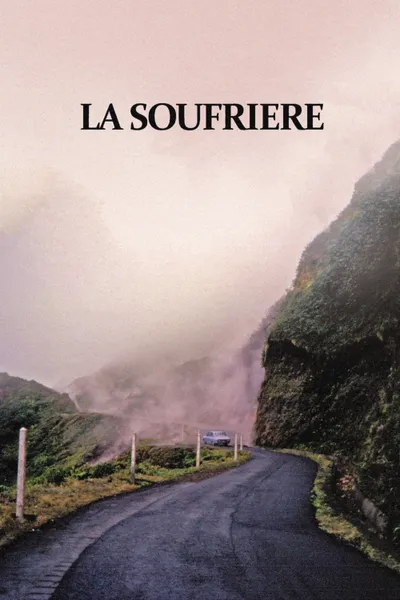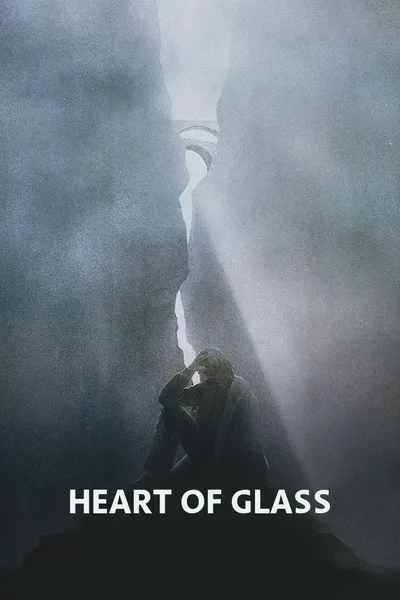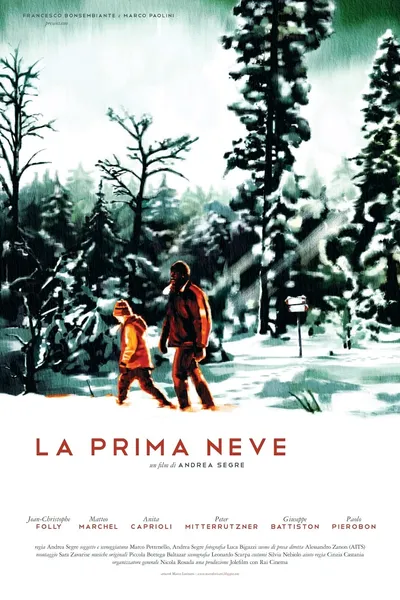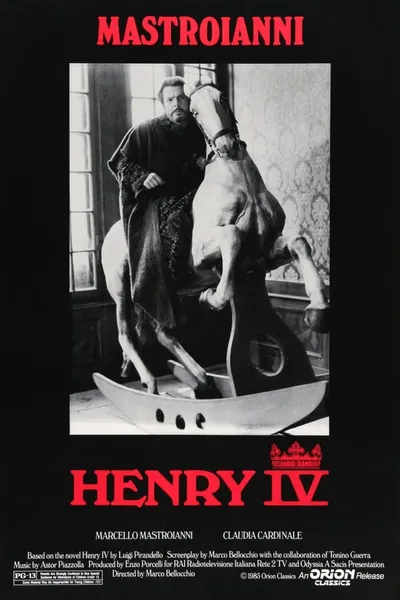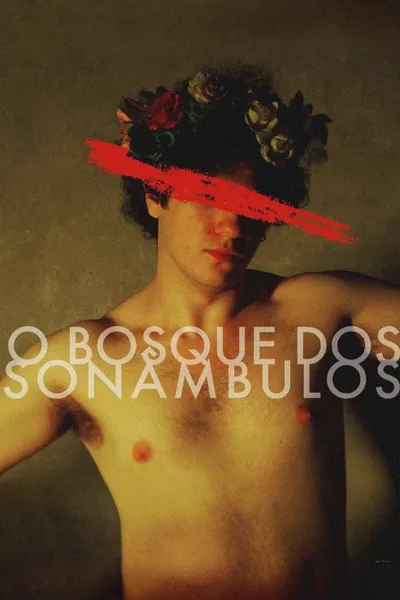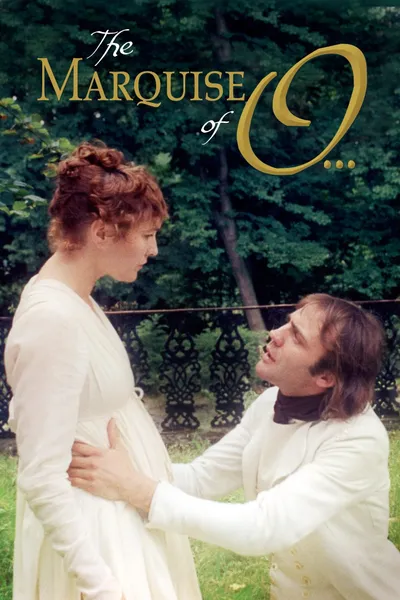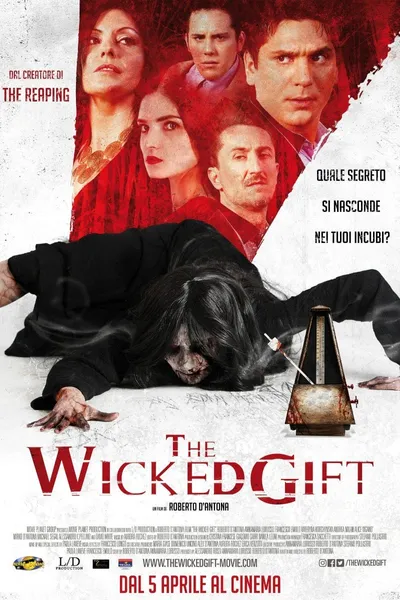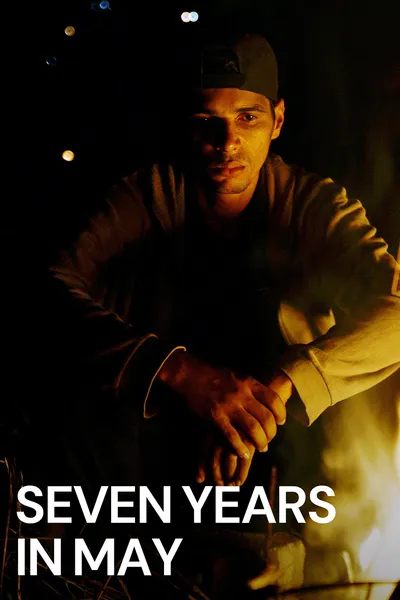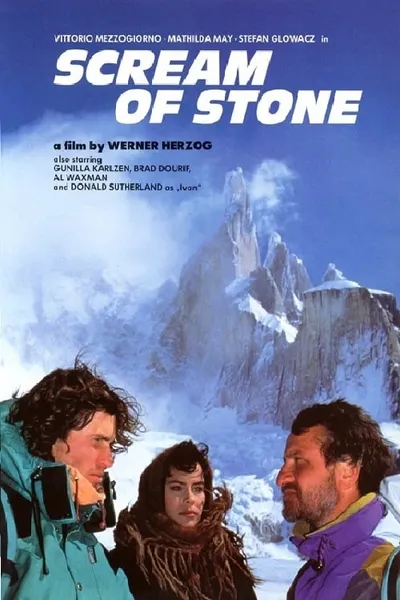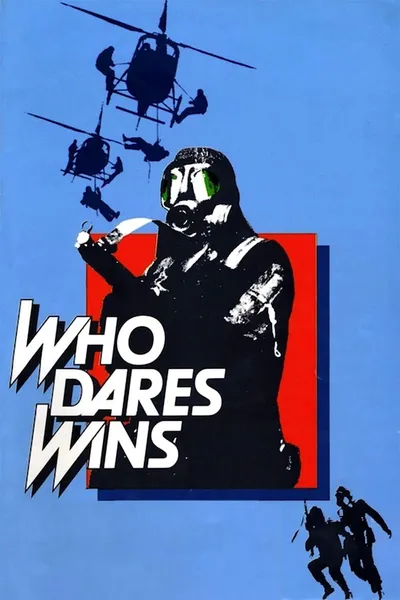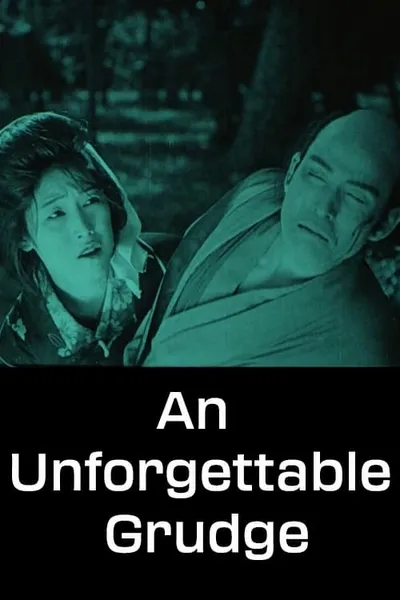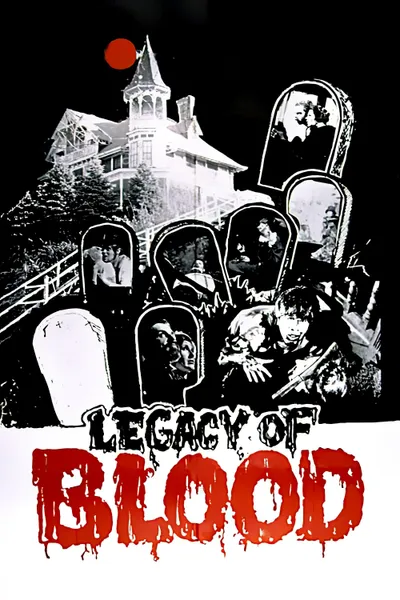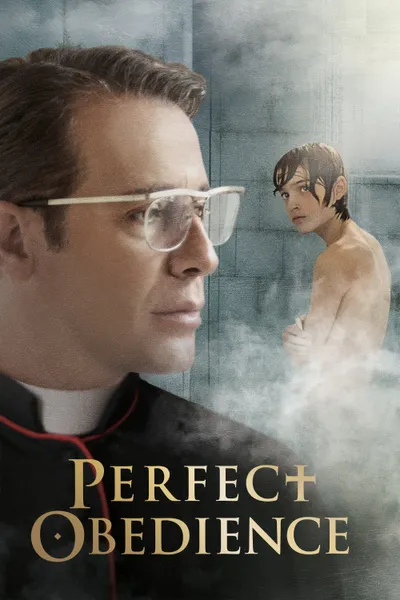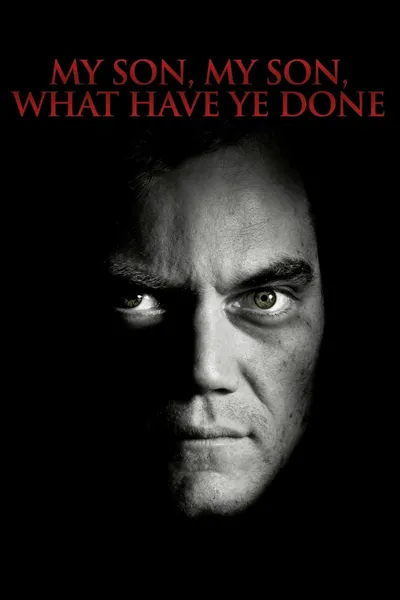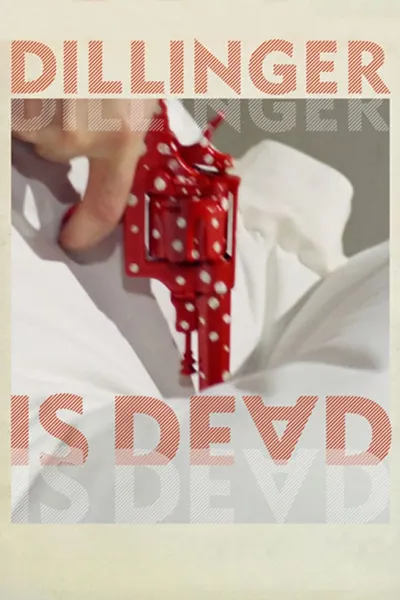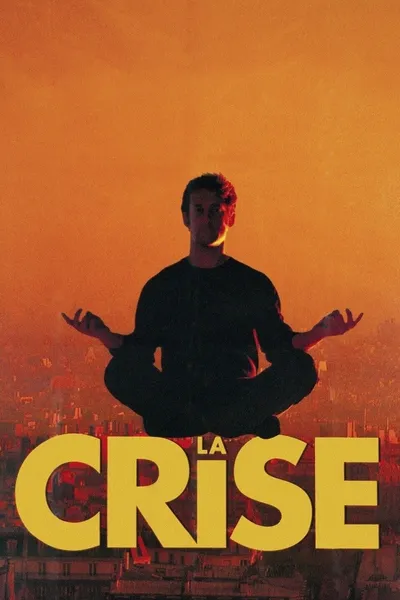Reviews

CinemaSerf
April 29, 20247.0
"Harker" (Bruno Ganz) travels to remote Transylvania where he is to help "Count Dracula" (Klaus Kinski) buy a new home in his hometown of Wismar. Why? Well that's because he has fallen in love with a photograph of his beautiful wife "Lucy" (Isabelle Adjani) and has determined to make her his immortal bride. "Harker" had been warned by the locals of the dangers of visiting the "Count" but he pressed on regardless, so ought not to have been surprised when his host absconds from his castle on a schooner laden with coffins, soil and a deadly plague of rats so he can ensnare his innocent young wife. Can he race back home in time to thwart this evil? There's nothing especially new about the chronology of the story here, it's the characterisation of the vampire that helps this stand out. It's obvious from the start that "Dracula" is not of human kind. Contrasting with most interpretations of the title role, Kinski and Warner Herzog attempt to imbue "Dracula" with a degree of humanity. He doles out his lusts left, right and centre upon the innocent, spreading plague and disaster wherever he goes, but he too is cursed. By his own immortality, by his search for some kind of fulfilment or contentedness. This isn't a depiction riddled with sharp teeth and ketchup, it's much more subtle, refined even, telling of a character that it's almost impossible not to feel sorry for. The production itself has dated rather badly, and at times it did remind me of one of these "Sherlock Holmes" remakes, but the thrust of the story is still interestingly different to the normal depiction of this epitome of evil and worth sticking with.
Recommendation Movies
Woyzeck1979
Aguirre, the Wrath of God1972
Cave of Forgotten Dreams2010
La Soufrière: Waiting for an Inevitable Catastrophe1977
Heart of Glass1976
La prima neve2013
Henry IV1984
Garden of the Sleepwalkers2017
The Marquise of O1976
The Wicked Gift2017
Seven Years in May2019
Scream of Stone1991
Who Dares Wins1982
An Unforgettable Grudge1926
Legacy of Blood1978
Perfect Obedience2014
My Son, My Son, What Have Ye Done2010
Dillinger Is Dead1969
The Crisis1992
Support the Girls2018
© 2024 MoovieTime. All rights reserved.Made with Nuxt
